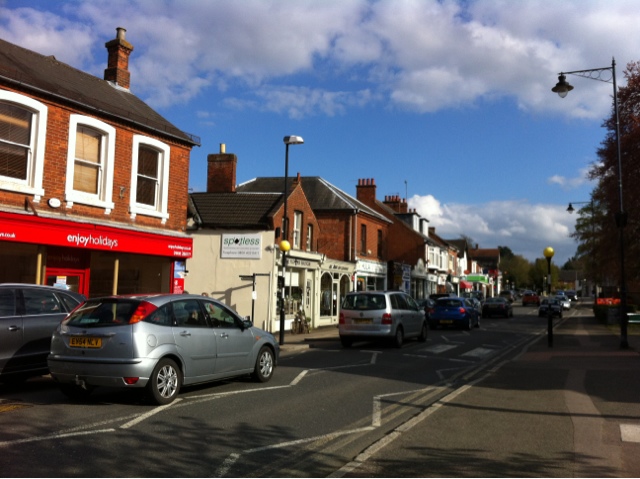The Village of Guelack
There are so many incredible nonprofit organizations; it is hard for me to choose just one. However, if ever asked, and where a large part of my donations go, is to Heifer International. As a child, the organization drew me in because it was all based on animals. I remember raising money with my Vacation Bible School class to purchase a goat, and each day as money came in, we would color in the goat cut-out just a little more. Of course, it is much more than that. It started, however, with a cow. Cows were given, along with the gift of educating how best to care for the cow, to help families become self-reliant.
As an educator, I applied and was granted an incredible opportunity a dozen years ago, to travel with other educators to Honduras to see Heifer's work in action. I was so impressed with how well-thought out every aspect of Heifer's work was. In the communities where Heifer had been present, people had not only become self-reliant, but were using creative farming techniques to make the best use of the land, including using manure to fertilize or feed fish or to create biogas to cook over. I was even more impressed when we visited a community where Heifer was not present. The drastic difference in the people was overwhelming.
How does this connect? Well, one day, we visited the Village of Guelack, about a thirty minute drive south of Saint Louis, out into the desert. Uncertain, like much of our trip, as to exactly what we were getting into, we were just along for the ride. But as soon as we arrived, like the stark differences I had noticed in Honduras, we were overwhelmed with the self-reliance and pride of the place.
I wish I had more information to share, but over the time since visiting, some things lost in translation, and a lack of information on the internet, I can only really share what I know. This community, once a dwindling one, received financial support to "start again." It was not through Heifer, but I believe a Dutch organization. The people of the community were taught farming techniques as well as craft techniques that soon meant they could become self-reliant.
They made jams, spices and sauces from locally grown products and then sold the products in markets. Fabric was woven, dyed and made into a variety of products on site with local ingredients. Cheese and yogurt was made with milk from the cows and goats. Birds were raised in cages above fish pens so that the bird droppings fed the fish. Crops were planted with regards to what would grow best, but also what would be best for the environment. Manure was collected and stored to create gas to cook with.
 |
| Obviously, my favorite part was cuddling the baby goats. |
Because of all of these initiatives, the community was then able to build a small hotel and restaurant of sorts where people can visit, again, bringing in more revenue. With the revenue, this community developed the most well-supplied school I saw on my travels to Senegal. It was small, but the preschool was teeming with books, colorful posters and art projects on the wall. The high school science lab was more equipped than many of our own in the states. And of course, the teacher in me, can easily see how a community that raises well-educated, problem-solving students, can continue to improve itself. The tiny community had even built a medical clinic.
 |
| Melisha, our own high school science teacher, was so excited! |
This small village of Guelack beamed with pride. Not only did I see this in the countenance of the people we encountered there, but in the trash collection. I live in a country where the government takes care of trash collection, and although I know I produce way too much, I realize I am fortunate to be somewhere that it is hauled away. So, I say this knowing that trash collection comes with a stable government and stable economy. Senegal doesn't necessarily have those, and so the streets were full of trash. But not in this small village. It was a stark difference.
Like the rest of my trip to Senegal, although I didn't really know what I was getting into, I'm so very glad that I had the opportunity!









Comments
Post a Comment